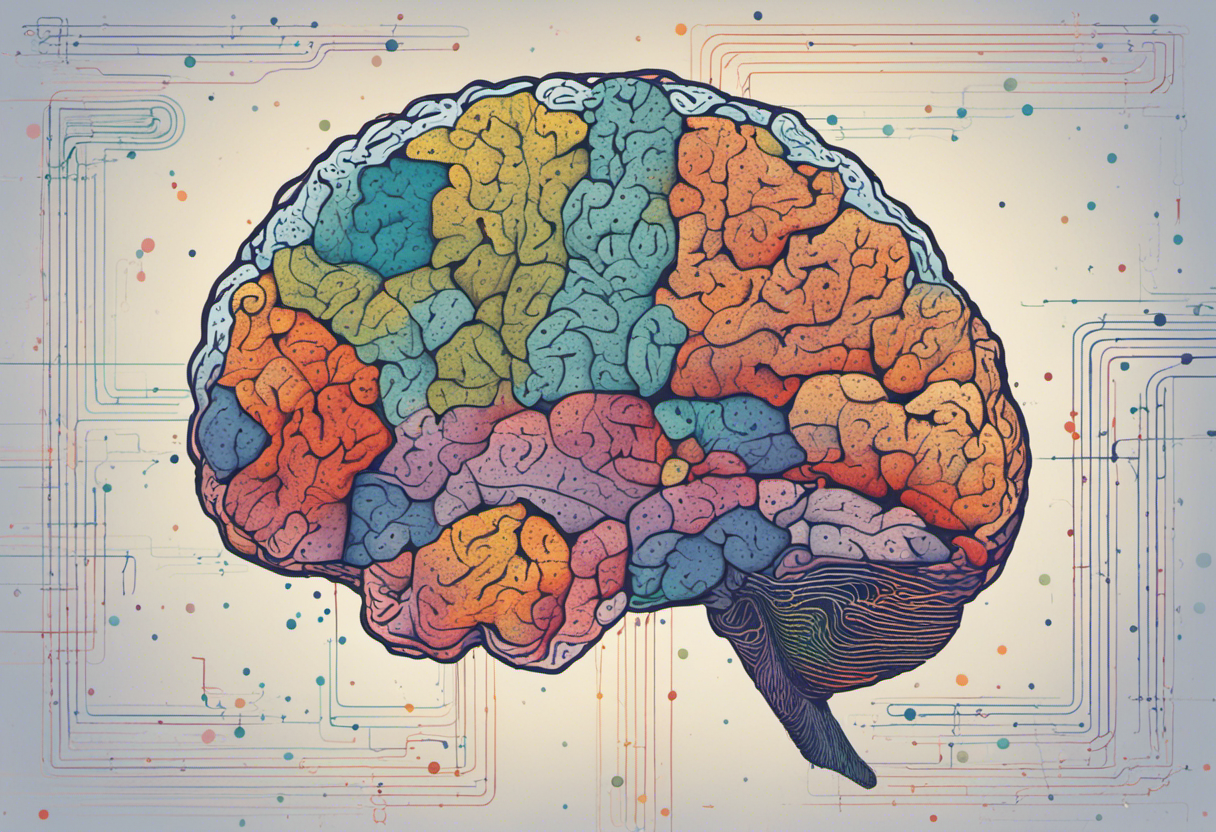Navigating ADHD in the Justice System

Imagine a school-aged child, perpetually fidgeting, incapable of sitting still, easily distracted, and seemingly unfocused. Now, envision that same child navigating the adult world, the justice system specifically. This is a stark reality for many individuals diagnosed with Attention-Deficit/Hyperactivity Disorder (ADHD).
As a health issue garnering so much attention from educators and medical professionals alike, ADHD’s impact on the complex justice system has often been overlooked. There lies an underestimated connection between ADHD and its behavioral tendencies with juvenile lawbreaking and increasingly even adult criminal behavior.
In this article, we delve deep into understanding ADHD as a diagnosis and its varying types before looking at how it impacts not just an individual’s life socially and psychologically but beyond –technically covering substantial concerns in societal constructs such as our justice system.
People with ADHD struggle to settle into typical societal norms due to impulsivity, inattention, or hyperactivity – symptoms associated with ADHD types, which often result in them brushing against the law.
The significance of this subject cannot be overstated because it is essential to understand that, left unmanaged, ADHD can have far-reaching consequences — more than just diagnosable anxiety or depression. It can lead to legal implications tied directly to crime rates and inmate populations.
This exploration not only decodes facts locked within scientific jargon but also unfolds stories hidden behind stark cell bars — wrapping up decades of research along with expert testimonials and serving as an essential guide for readers who seek awareness on such uneasy links.
So, let’s embark on this journey that pinpoints how ADHD has silently impacted our justice system—opening up conversations around proactive interventions and systematic changes needed within societal structures.
Understanding ADHD
Grasping the concept of ADHD is critical to fully comprehend its influence on individuals and various societal sectors, including justice.
Defining Attention-Deficit/Hyperactivity Disorder (ADHD)
Attention-Deficit/Hyperactivity Disorder, often abbreviated as ADHD, is a neurodevelopmental disorder primarily seen in children but can persist into adulthood. This complex condition offers various challenges ranging from concentration difficulties to impulsive behavior. Both genetic and environmental factors contribute to its development, leading to a lifelong impact on a person’s functioning and self-esteem.
Types and Symptoms of ADHD
Predominantly categorized under three types – Inattentive, Hyperactive-Impulsive, and Combined – ADHD exhibits unique symptomatology based on one’s classification. Inattention features include forgetfulness trouble focusing or following instructions, while hyperactivity shows through excessive fidgeting and an inability to stay still. The combined form poses both of these symptoms.
The Impact of ADHD on Individuals
Delving into this disorder’s effects makes it clear how those with this affliction struggle within societal structures that favor ‘normative’ behaviors.
The Social and Psychological Effects of ADHD
Psychosocially, ADHD presents significant obstacles like maintaining relationships due to impulsivity, interrupting others, or frequently shifting conversation topics. Perceived as antisocial behaviors by peers, they lead to social isolation and rejection, which further exacerbates mental health issues such as anxiety and depression in those afflicted.
Moreover, academic and occupational underachievement can result from cognitive difficulties such as poor planning or organization abilities – characteristics often associated with Attention-Deficit/Hyperactivity Disorder.
In conclusion- you should bring this Chapter understanding of how relentless these challenges can be for those struggling with ADHD daily.
Conclusion
This article has invited us to journey through the complex interplay of ADHD and the justice system. We’ve explored together what ADHD means as a neurodevelopmental disorder, illuminating different types and symptoms that create unique challenges for those living with it. We’ve also discussed how ADHD can instill significant psychological and social ramifications, such as difficulty maintaining relationships and a propensity towards academic or occupational underachievement.
In reflecting on the societal impact, we’ve begun to uncover how deeply ADHD can intertwine with our justice system and the important role awareness and understanding play in addressing this issue. We can begin to advocate for necessary societal changes by considering proactive measures.
The goal of this exploration is not merely to cast attention upon a problem but to arm ourselves with knowledge and empathy. It’s through understanding that we can truly make a difference. So, let us continue this critical conversation. Let’s continue exploring, understanding, and advocating for those touched by ADHD.
Keep this exploration going by diving deeper into this topic or sharing what you’ve learned with others. Because it’s only through awareness that we can truly incite change and justice for all.



Comments